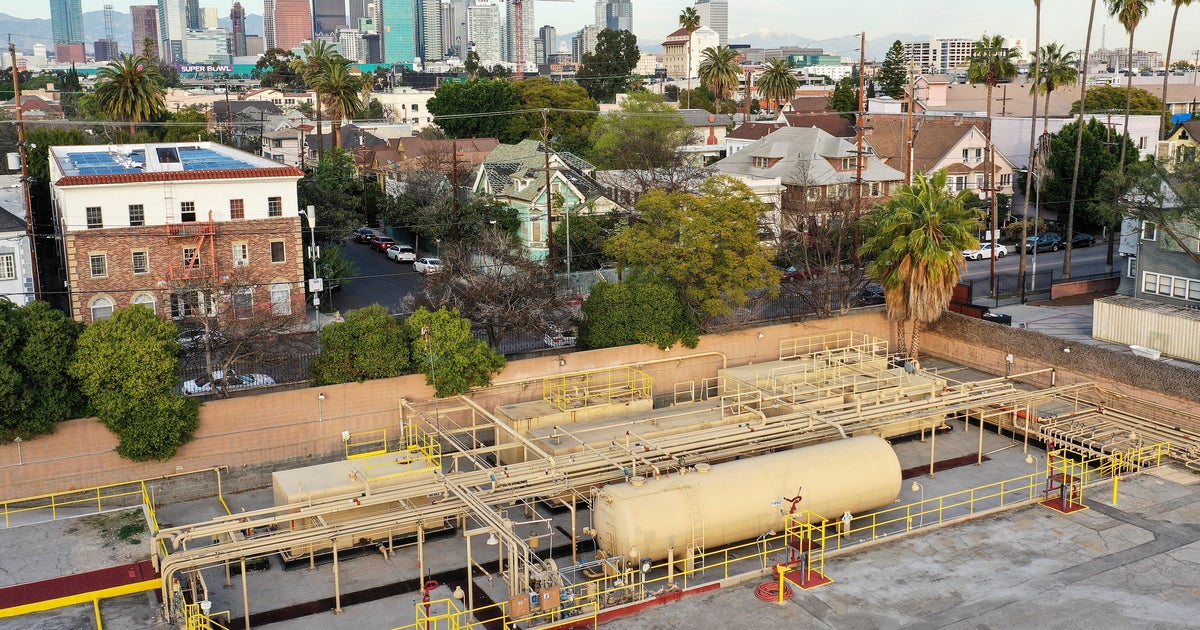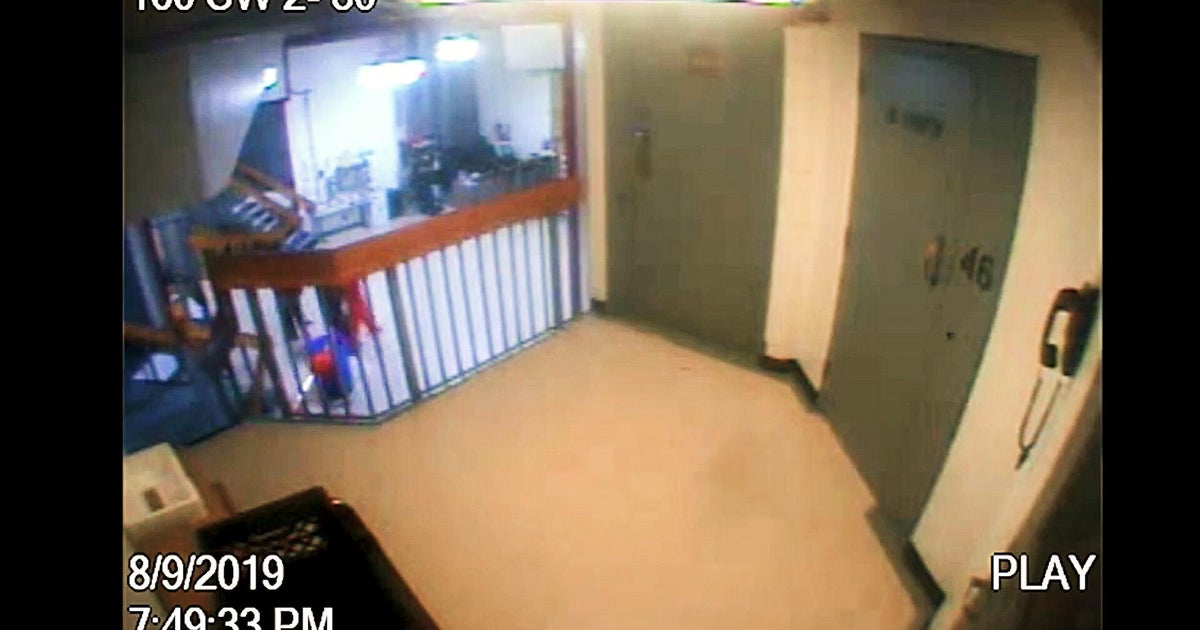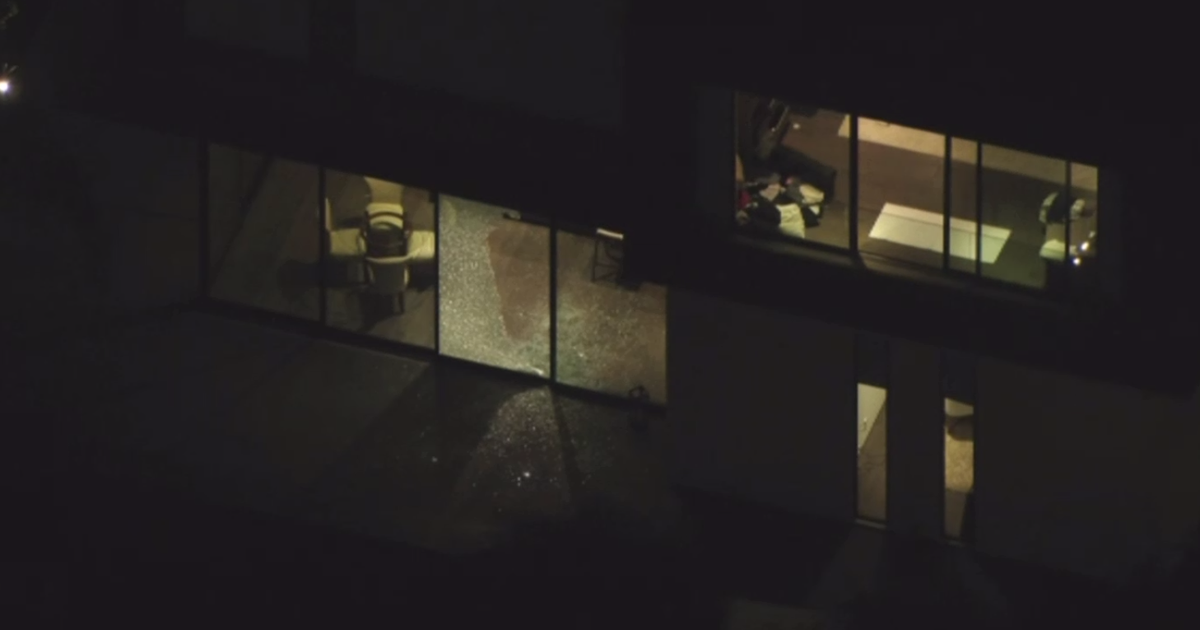Kenneth Eugene Smith executed by nitrogen hypoxia in Alabama, marking a first for the death penalty
Alabama carried out its planned execution of the condemned inmate Kenneth Eugene Smith on Thursday night using nitrogen hypoxia, a controversial and widely-contested death penalty method used for the first time in the United States. The execution took place at the William C. Holman Correctional Facility in Atmore at 8:25 p.m. local time, officials said.
In a news briefing, Alabama Department of Corrections Commissioner John Q. Hamm said that the execution began at 7:53 p.m., and the nitrogen mask was kept on Smith for about five minutes after he flatlined.
According to the pool media report, Smith's last words were: "Tonight Alabama caused humanity to take a step backward. I'm leaving with love, peace and light. Thank you for supporting me. Love all of you."
He also made an "I love you" sign with sign language, reporters said.
A reporter also stated that Smith "appeared to shake and writhe on the gurney for at least two minutes at the start of the execution," asking Hamm whether that was "expected" or an indication of "suffering."
"It appeared that, one, Smith was holding his breath for as long as he could," Hamm responded. "And then there's also information out there that he struggled against his restraints a little bit, but there's some involuntary movement and some angled breathing. So that was all expected and is in the side effects that we've seen, researched, with nitrogen hypoxia."
In explaining an approximately 45-minute delay from the time that the Supreme Court allowed the execution to proceed to when witnesses were taken into the chamber, Hamm said "there was a little hiccup on the EKG lines providing a good reading."
In a statement provided to CBS News following the execution, Smith's legal team wrote, "We are deeply saddened that the state of Alabama and the Alabama Department of Corrections have executed Kenneth Eugene Smith."
"Kenny was subject to the death penalty only because his trial judge applied a since-repealed Alabama statute to override the jury's 11 to 1 determination that his life should be spared – a practice that not only is unavailable under current Alabama law but also has since been declared unconstitutional by the United States Supreme Court," the statement went on. "There currently are efforts in the Alabama legislature to ensure that inmates like Kenny, who are on death row only because a judge overrode a jury's measured determination to spare their lives, won't suffer the same fate that he did today. Unfortunately, those efforts, if successful, will be too late for Kenny."
In a separate statement, Alabama Gov. Kay Ivey said she made the decision not to grant Smith clemency.
"The execution was lawfully carried out by nitrogen hypoxia, the method previously requested by Mr. Smith as an alternative to lethal injection," Ivey wrote. "At long last, Mr. Smith got what he asked for, and this case can finally be put to rest."
At the Thursday evening news briefing following Smith's execution, Mike Sennett, the son of Elizabeth Dorlene Sennett, whom Smith was convicted of murdering, also made a statement.
"It's kind of a bittersweet day. We're not going to be jumping around," Sennett said. "But we're glad this day is over."
"Kenneth Smith made some bad decisions 35 years ago, and his debt was paid tonight," Sennett said, adding, "I guess I'll end by saying that Elizabeth Dorlene Sennett got her justice tonight."
Smith and his spiritual adviser, the Rev. Jeff Hood, said in a statement Thursday afternoon prior to the execution that "the eyes of the world are on this impending moral apocalypse."
"Our prayer is that people will not turn their heads. We simply cannot normalize the suffocation of each other," statement said.
Smith's execution came after he had already survived a botched lethal injection in November 2022. Smith's legal team had challenged Alabama's plan to use nitrogen in the death chamber without documented evidence of its repercussions and called on the state to halt the execution altogether. His attorneys accused the state of using Smith as a "test subject" for an experimental execution in one request to stop it that was ultimately rejected.
In a news release following the execution, the Alabama Department of Corrections said Smith received 9 visitors and took one phone call Thursday. He had a final meal of steak, hash browns and eggs.
Nitrogen hypoxia is a process that aims to cause asphyxiation by forcing an individual to inhale pure nitrogen or lethally high concentrations of it through a gas mask.
U.S. courts across multiple levels of government rejected stay requests. The Supreme Court on Wednesday ruled that Alabama was within its constitutional rights to carry out the execution. On Thursday, the Supreme Court allowed the execution to proceed as planned, over the public dissent of the court's three liberal members.
"Having failed to kill Smith on its first attempt, Alabama has selected him as its 'guinea pig' to test a method of execution never attempted before," Supreme Court Justice Sonia Sotomayor wrote.
Besides the legal challenges, the execution took place in the face of mounting criticism from human rights experts – including the top human rights official at the United Nations, who said earlier this month that "putting an inmate to death with nitrogen gas could possibly amount to torture under international treaties."
On Friday, the U.N. official, Volker Turk, doubled down in a statement reported by Reuters. He said, "I deeply regret the execution of Kenneth Eugene Smith in Alabama despite serious concerns this novel and untested method of suffocation by nitrogen gas may amount to torture, or cruel, inhuman or degrading treatment. The death penalty is inconsistent with the fundamental right to life. I urge all states to put in place a moratorium on its use, as a step towards universal abolition."
And in a statement Friday, the European Union said it "deeply regrets" the execution, Agence France-Presse reported. "According to leading experts, this method is a particularly cruel and unusual punishment," the EU said.
What is nitrogen hypoxia?
Alabama is one of three U.S. states that technically allows nitrogen hypoxia as an alternative to lethal injection and other, more traditional capital punishment methods. Oklahoma and Mississippi are the only other states that have authorized executions by nitrogen hypoxia, which is relatively new as a form of capital punishment. Before Thursday, no states had used the method to conduct an execution.
Its application inside the execution chamber in Alabama had been criticized as experimental and, potentially, unnecessarily painful and dangerous for the condemned person and others in the room. UN experts cited concerns about the possibility of grave suffering that execution by pure nitrogen inhalation may cause. They said there was no scientific evidence to prove otherwise.
The consequences of too much nitrogen inhalation —usually accidentally in industrial settings— are well-documented. A colorless and odorless gas, nitrogen is only safe to inhale when it is mixed with an appropriate concentration of oxygen; otherwise, breathing it is toxic. Veterinarians have refused to use nitrogen asphyxiation to euthanize animals because of its "distressing" effects and potential risks to people around.
What did Kenneth Eugene Smith do?
Smith was accused of being a hitman and was sentenced to death following his conviction in the 1989 murder of Elizabeth Dorlene Sennett, a preacher's wife, in northwestern Alabama's Colbert County.
Prosecutors said in 1988 that Smith and John Forrest Parker each received $1,000 to carry out the slaying on behalf of Elizabeth's husband, Rev. Charles Sennett, Sr., the pastor of the Westside Church of Christ in the city of Sheffield.
The pastor had been having an affair and found himself in significant debt before taking out a large life insurance policy on his wife, authorities said. Sennett then sought to collect the money by having his wife killed. Sennett committed suicide one week after his wife's murder, once the investigation got underway and authorities began to consider him as a suspect, according to court documents.
The prosecution alleged that Rev. Sennett originally hired another man, Billy Williams, for the job, and Williams in turn recruited Smith and Parker. All three men were promised equal compensation, a ruling filed in 2021 by the 11th U.S. Circuit Court of Appeals said in response to one of the legal challenges Smith brought.
Smith and his accomplices planned to kill Elizabeth Dorlene Sennett in the home she and her husband shared and tried to make the crime look like a burglary. On March 18, 1988, Elizabeth was murdered. Smith took a video cassette recorder from the Sennett residence, which investigators later found in Smith's home and played a role in the state's case against him.
Smith argued in subsequent appeals authorities did not have a legitimate search warrant to enter the home where the cassette was found. Court records show that Smith confessed to his role in Elizabeth's murder in interviews with police – and that was the piece that ultimately led to his conviction.
Smith was convicted of capital murder in an initial verdict and sentenced to death. That was overturned by the Alabama Court of Appeals, and convicted again of capital murder during a second trial that took place in the 90s. Still, the jury in that trial voted to recommend a sentence of life imprisonment without parole instead of the death penalty. A judge overruled the jury's recommendation and again sentenced Smith to be executed by the state. His accomplice Parker was executed in June 2010 for his part in the killings, according to the Alabama Department of Corrections.
His execution on Thursday would not be possible if Smith's trial happened today: in 2017 Alabama became the last U.S. state to strike its law allowing judges to override jury recommendations when it comes to capital punishment.







